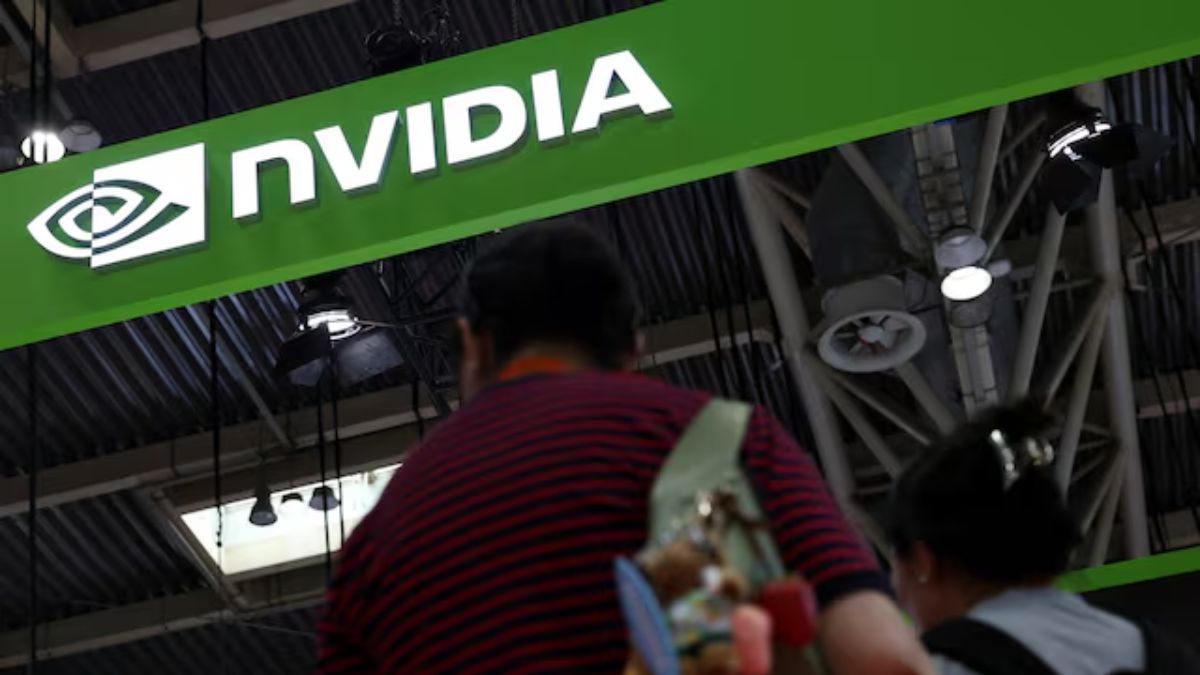Nvidia, the leading maker of artificial intelligence (AI) chips, has resumed sales in China after recent US export restrictions, giving Beijing more time to develop its own chip industry. Experts say this move delays but does not change China’s goal to build a domestic technology stack.
Nvidia’s GPUs (graphics processing units) are critical for AI development worldwide. Last year, the US limited exports of Nvidia’s H20 chip to China over concerns the technology could support China’s military and AI advancements. Nvidia took a $4.5 billion loss on unsold chips and warned these restrictions could hurt its business.
After talks with the US government, Nvidia got permission to restart sales of the H20 chip in China last week. This helps Nvidia maintain its large market share in China, home to half of the world’s AI developers.
Experts say the move benefits both sides. For the US, it helps keep Chinese firms reliant on American technology, preserving US influence in AI. For China, it buys time to grow its domestic chip makers without immediately losing access to Nvidia’s advanced products.
However, experts warn this could slow China’s push to build homegrown alternatives. China’s tech companies, led by Huawei, are developing their own AI chips but have not yet matched Nvidia’s performance or software ecosystem.
Nvidia’s software platform, CUDA, is widely used by developers, making it hard for Chinese alternatives to compete fully. Over time, China aims to switch to domestic AI chips and software, especially for less costly, efficient chips used in AI applications.
In summary, Nvidia’s return to China eases short-term tensions but does not alter China’s long-term plans to build a self-reliant chip industry amid ongoing US-China tech competition.











